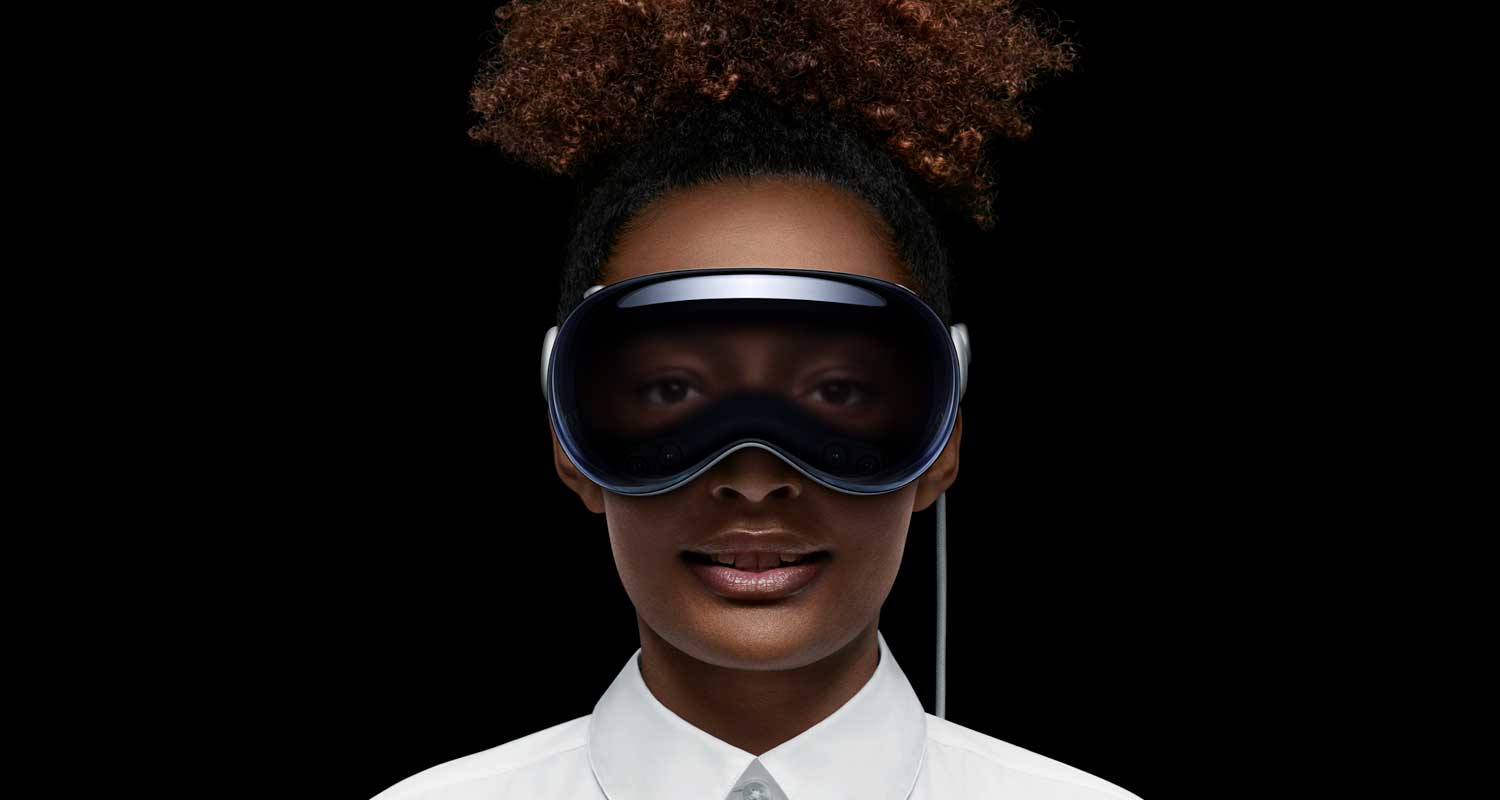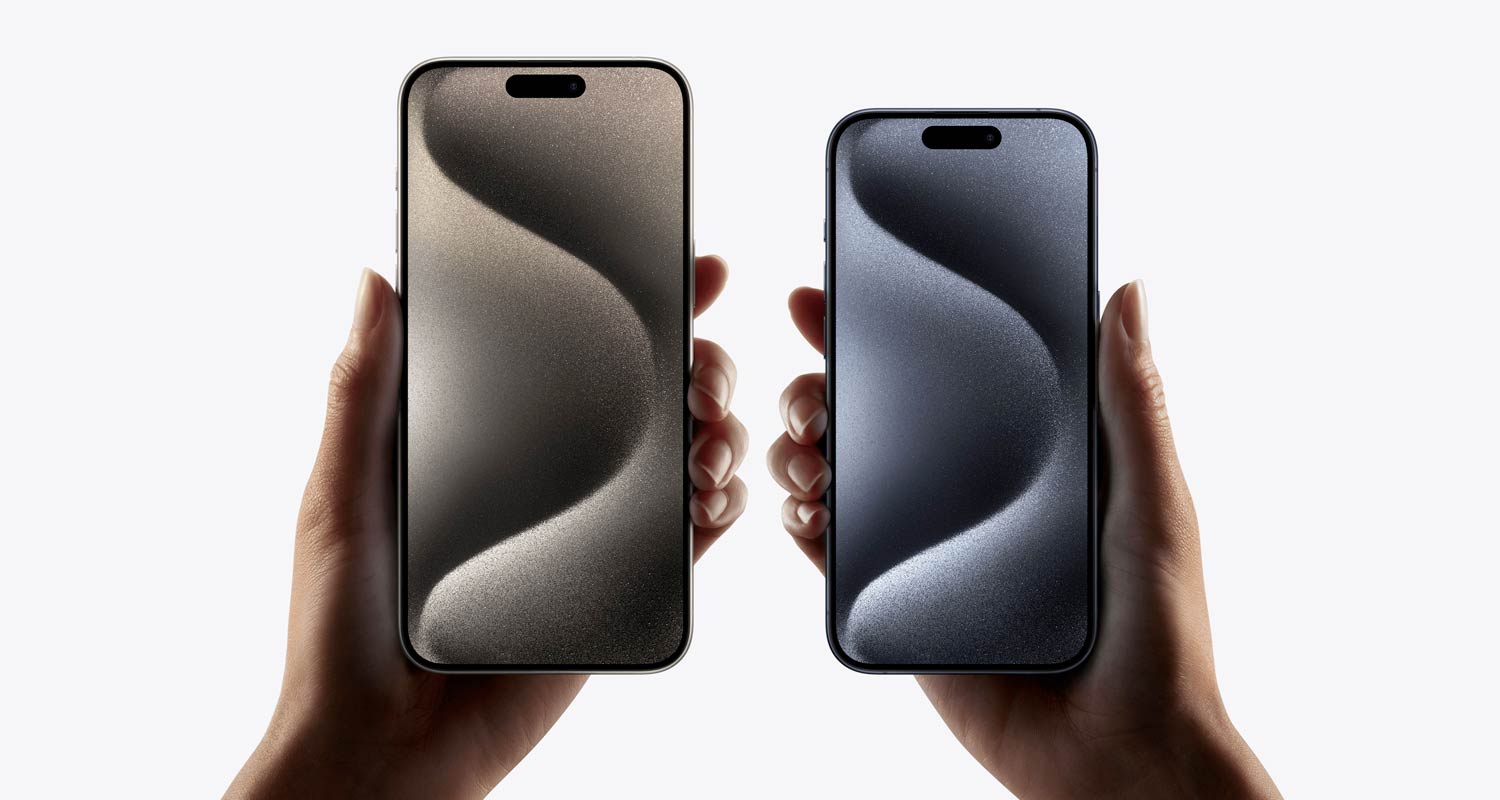 Apple shares have struggled with the perception that its growth heyday is in the past. Its virtual reality headset — the tech giant’s biggest innovation in years — is unlikely to play a major role in changing that view anytime soon.
Apple shares have struggled with the perception that its growth heyday is in the past. Its virtual reality headset — the tech giant’s biggest innovation in years — is unlikely to play a major role in changing that view anytime soon.
The iPhone maker is set to begin taking orders for the Vision Pro on Friday and Wall Street analysts are anticipating modest sales of the US$3 499 device, which so far doesn’t seem to offer the kind of must-have features that have made the company’s signature smartphone a perennial blockbuster. The lack of a pronounced growth catalyst for Apple is a key reason why its market capitalisation has dropped below that of Microsoft, seen as a key beneficiary of artificial intelligence.
“It’s hard to ask someone to pay $3 500 for a product where there’s a limited amount of content people can’t get on their phone, which means it’ll be pretty darn niche, at least for a couple years,” said Denny Fish, who manages tech sector funds at Janus Henderson.
Excitement for the device on Wall Street has been tepid, with projections for a relatively small impact. At UBS, Apple is seen shipping 300 000 to 400 000 units this year. At the high end, the device would contribute $1.4-billion in revenue and a couple of pennies to earnings per share, amounts analyst David Vogt called “immaterial” for a company that had sales of $383-billion in fiscal 2023.
While Apple earned its reputation as one of the Magnificent Seven of 2023, jumping nearly 50% and hitting a record as recently as December, it has struggled out of the gate this year. The stock has fallen by about 3% this month, while the Nasdaq 100 Index is down less than 1%. Among the seven megacap stocks that led last year’s market’s advance, only Tesla has fared worse.
Mostly muted expectations for the Vision Pro encapsulate the problems facing Apple, which has reported four consecutive quarters of shrinking revenue, its worst run since 2001. In a high-profile snub of the new technology, Netflix — which competes with Apple for subscribers in streaming — said it isn’t planning to launch an app for the device.
Hardly inspiring
While the Cupertino, California-based company is projected to return to growth in 2024, at roughly 3% it’s half the expansion expected for the overall S&P 500 tech sector this fiscal year. By contrast, Microsoft’s revenue is expected to rise 15% in the current fiscal year.
Such a growth rate is hardly inspiring for investors considering Apple’s premium valuation, especially amid a backdrop of antitrust-related uncertainty. At 27x projected profits, it’s priced well above the Nasdaq 100 as well as its own average over the past 10 years.
Read: Netflix snubs Apple, says no plan for Vision Pro app
The stock has received at least three downgrades in 2024 and Wall Street’s relatively cautious stance towards the company stands in contrast to other megacaps. Just 62% of firms recommend buying the stock, compared with ratios above 85% for Microsoft, Amazon.com, Alphabet, Nvidia and Meta Platforms.
Of course, Apple continues to have its enthusiastic backers that cite factors like robust cash flow and share buybacks as offsets to growth concerns. The stock has repeatedly acted as a flight-to-safety play in periods of uncertainty or market turmoil.

Bank of America upgraded the stock to buy from neutral Thursday, anticipating a stronger iPhone upgrade cycle driven by the need for the latest hardware to enable generative AI in 2024-2025.
“It is hard to bet against Apple given its cash flow and the loyalty of its customers, and the stock doesn’t look overly expensive given the quality of the company,” said Tom Plumb, manager of the Plumb Balanced Fund. “However, I do think the stock will be rangebound until it can excite people from a revenue-growth perspective, and there’s very little visibility as to what the next big thing will be.” — (c) 2024 Bloomberg LP


